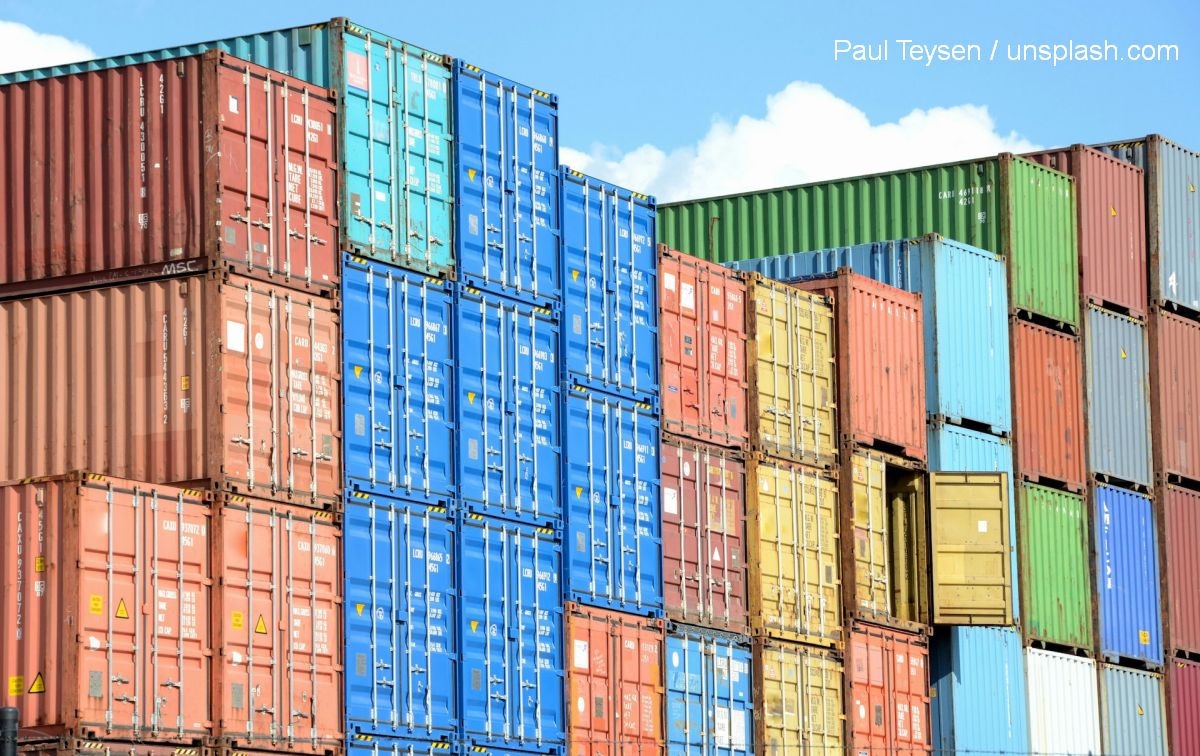Recovering losses caused by corruption
The Government of Romania intends to pass the 2016-2020 National Anti-Corruption Strategy in August. According to the authorities, its implementation may help eliminate the Cooperation and Verification Mechanism
Warning: Trying to access array offset on null in /home/web/rri.ro/public/wp-content/themes/rri/template-parts/content.php on line 53

Warning: Trying to access array offset on null in /home/web/rri.ro/public/wp-content/themes/rri/template-parts/content.php on line 98
Mihai Pelin,
25.07.2016, 13:23
The 2016-2020 National Anti-corruption Strategy, subject to public debate until the end of the month, addresses the executive, legislative and judiciary powers, local public administration, the business environment as well as civil society. The Criminal Code and the Criminal Procedure Code will be amended, and a new Code of Conduct for members of Parliament will be drawn up. According to Justice Minister Raluca Pruna, recovering the losses incurred by the State further to corruption offences is one of the key coordinates of the Strategy:
Raluca Pruna: “We must make sure that, first of all, there is a proper legislative framework to regulate confiscation of the proceeds of crime. Also in terms of legislation, for certain types of economic crime, such as tax evasion, where we are already working to amend the law, we need to make sure that if we fully recover the proceeds of crime and the damages are fully paid, prison sentences are no longer required, so as to avoid prison overcrowding and keeping the offenders in the custody of the state, which incurs further costs for society.”
In order to recover the respective losses more easily, the authorities have set up the National Agency for the Management of Frozen Assets, as a separate division within the National Tax Administration Agency. The Justice Minister says the new agency is up and running:
Raluca Pruna: “The Tax Agency is in charge of the property subject to asset freezing during the criminal proceedings. After the individual is sentenced, and the state is to recover the losses or damages, there is this special division, the National Agency for the Management of Frozen Assets, which will handle the recovery of damages after the final ruling is passed.”
The anti-corruption strategy will continue to focus on prevention in the sectors vulnerable to corruption. Because of the limited progress of prevention between 2012 and 2015, the sectors identified in the previous strategy have been preserved and education and healthcare have been added to the list.
The goal of the Justice Ministry is for the implementation of this document to help Romania reach the EU average figures in terms of the perceived scope of corruption and the domestic attitude towards corruption. Another target is to reduce substantially, by at least 50%, the number of cases of fraud and corruption in public procurement and of integrity incidents in the identified vulnerable sectors, as well as to implement corruption prevention measures in over 80% of the public institutions and companies.
The strategy, which is to be adopted by the Government in August, works on the assumption of legislative and institutional stability of the anti-corruption environment that has generated the performances of the National Anti-Corruption Directorate and the National Integrity Agency.






























